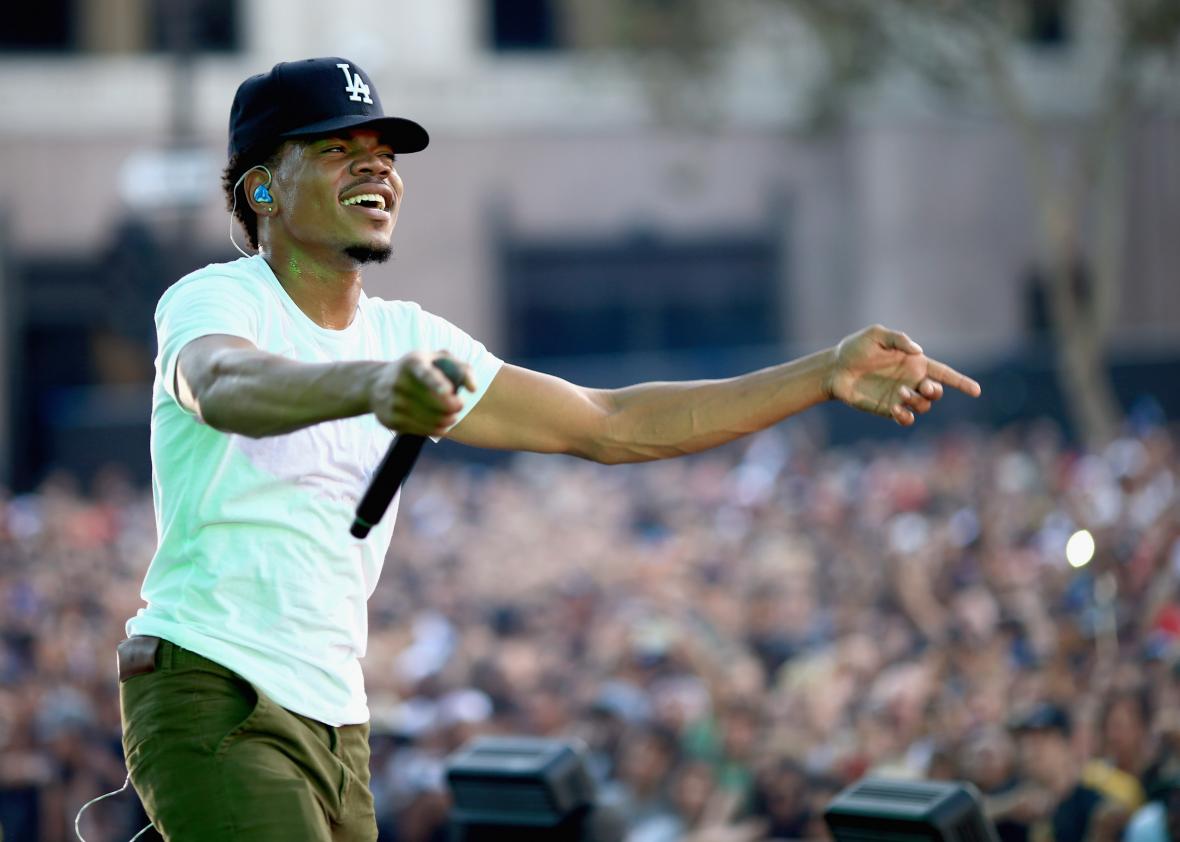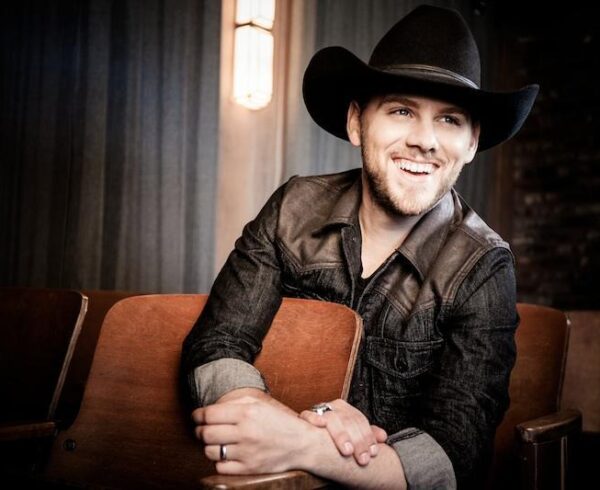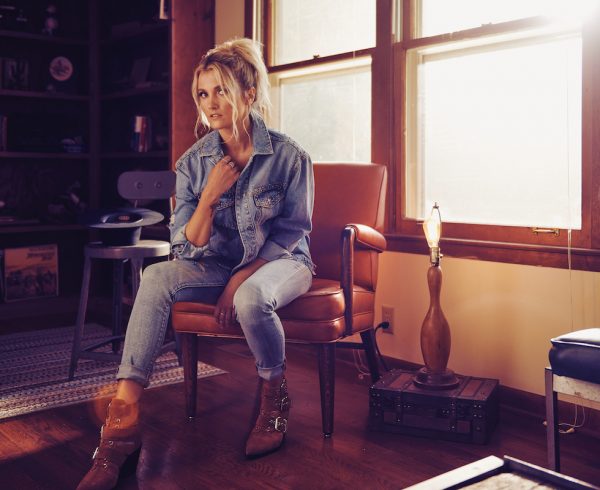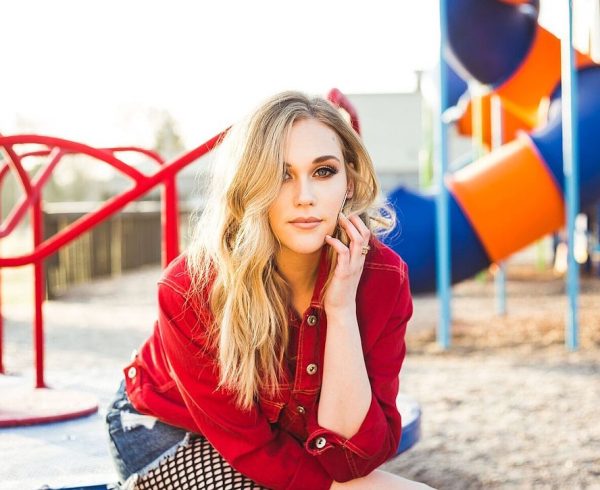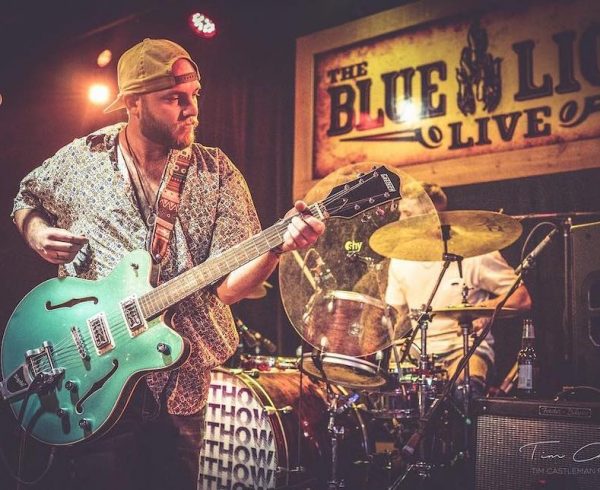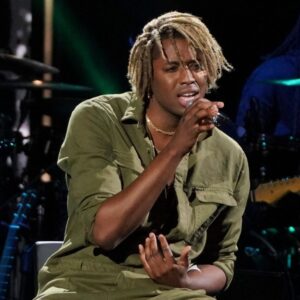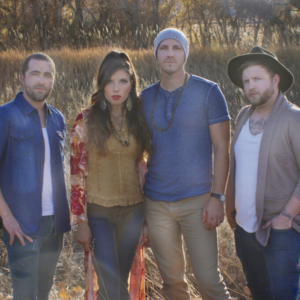Chance the Rapper won the Grammy last night for Best New Artist.
If you ever wanted to hear the musical evolution of an artist, listen to (in order) 10 Day, Acid Rap, and Coloring Book by Chance the Rapper. The maturation that occurs across those three mixtapes is by far one of the best, clearest, and most well-rounded of any musician in recent memory. Coloring Book, the most recent iteration of Chance’s musical progression, dropped on May 12, three years after the release of the critically acclaimed tape Acid Rap.
Coloring Book picks up from and exceeds everything Acid Rap contained. At first listen, the mixtape sounds vastly different than the Chance everyone had been listening to since he came onto the scene when 10 Day dropped in 2012. Chance’s vocal signatures — the “yeps” and the rough barks — are still there, but perhaps a bit toned down and not as up front. His vocal range is still there, too, but not utilized as often. The first time through Coloring Book is surprising and initially I felt disappointed that the music I waited three years to listen to turned out the way it did.
But no good review can be written based on a single listen, and by now I’ve gone through the tape at least three times, if not more, and given every song a chance (no pun intended). Coloring Book is genius. Most pop artists (Drake, Justin Bieber, The Weeknd) tend to find success by focusing on one area, be that beats, lyrics, vocals, or some mediocre synthesis of all three. In Coloring Book, Chance utilizes all the principles of (primarily) pop music and the result is a stunning compilation that explores a number of themes and beliefs.
Chance uses Coloring Book as a vehicle to examine some of the things closest to him: his city (Chicago), his faith, his newborn daughter, and his past. Coloring Book is, at its core, a coming of age pop-Gospel mixtape, and every song in one form or another gets back to those themes. “All We Got” (featuring Kanye West) delves into the role of music in impoverished communities; “Summer Friends” is about friendship, violence, and youth on the city’s South Side where Chance grew up; “Angels” is a more upbeat look at the same issues. The flip side of the mixtape is a Gospel theme. Two tracks are titled “Blessings” and both of them have to do with God’s role in our lives. “How Great” could very well be a song recorded during a Sunday service with lyrics like “How great is our God/Sing with me, how great is our God/All will see how great is our God.” Chance does not shy away from his beliefs, and the tape is all the better for embracing them.
The success of Acid Rap allowed Chance to collaborate with a number of mainstream artists like 2 Chainz, Justin Bieber, Kanye West, and more. Almost every song (11 out of 14 according to the track listing) has a guest contribution and none of them are duds. “No Problem” (featuring 2 Chainz and Lil Wayne) is a direct shot at labels threatening to absorb Chance against his will into the machine of restrictive contracts and cheap music. “Juke Jam” features Justin Bieber in the chorus singing about a girl Chance is — or was — head over heels for growing up. Kanye’s contribution to “All We Got” takes a back seat to Chance’s role, but nonetheless adds to the song’s tone and direction.
Some of the other tracks come back to the same theme: love, love lost, and a happy-yet-melancholy view of the past reminiscent of Jay Gatsby. “Same Drugs” has little to do with drugs and a lot to do with falling out synch with someone Chance thought he had a future with; the song itself has a strong undercurrent of raw emotion. “Summer Friends” is a similarly mixed view of Chance’s youth: simultaneously happy and sad.
Perhaps the most difficult aspect to convey is, of course, the tape’s sound. One of the reasons Chance the Rapper is successful is because he has a completely unique sound from other artists in any genre. His voice rests above the music, not within it, and when Chance sings he controls the music. Beyond that, his beats are fresh (in a non-ironic way) and fall outside the mainstream in a position where it’s easy to see them becoming the new mainstream in the near future. That’s how different — and good — Chance’s sound is.
Acid Rap, and to an extent 10 Day, showcases completely what Chance the Rapper is all about; Coloring Book perfects this style and exceeds it. Acid Rap should be required listening for Chance fans and Coloring Book deserves multiple listens even by casual listeners. With Coloring Book, Chance is well on his way to ascending to the top of the music industry. There is no doubt that’s where he belongs.

